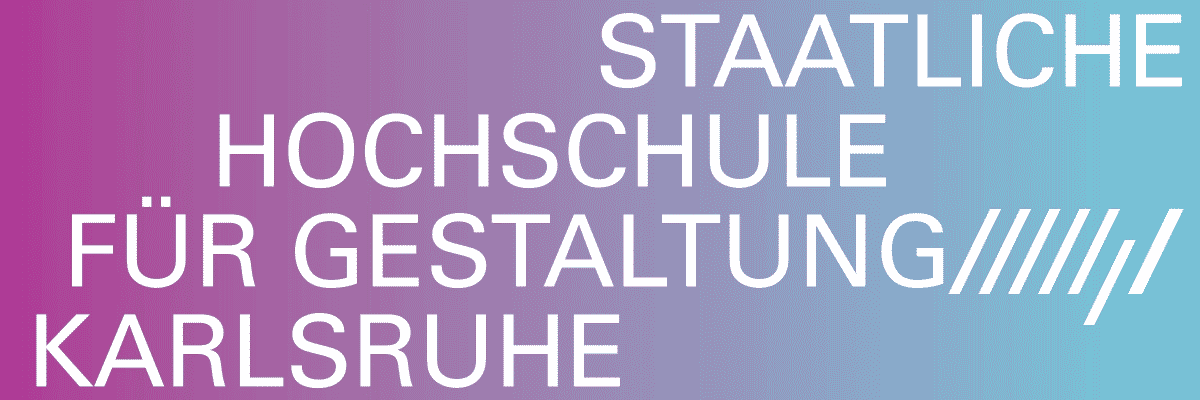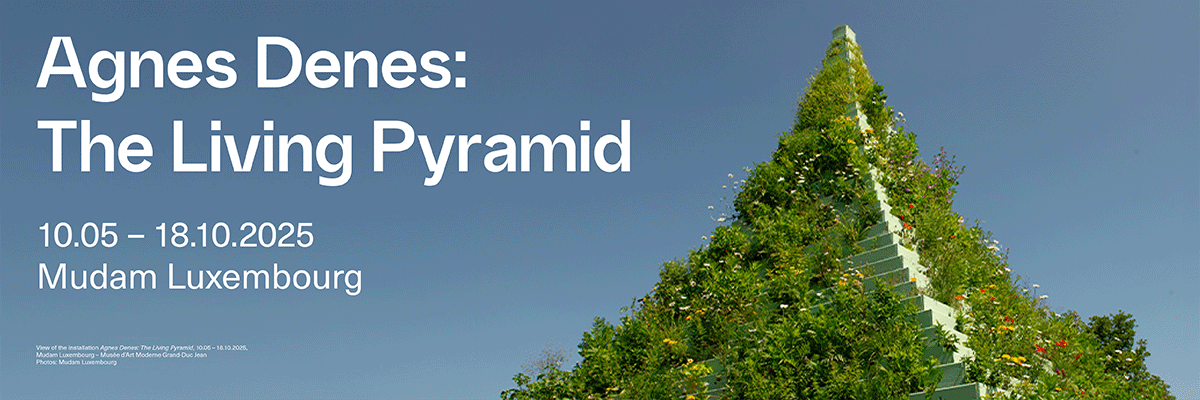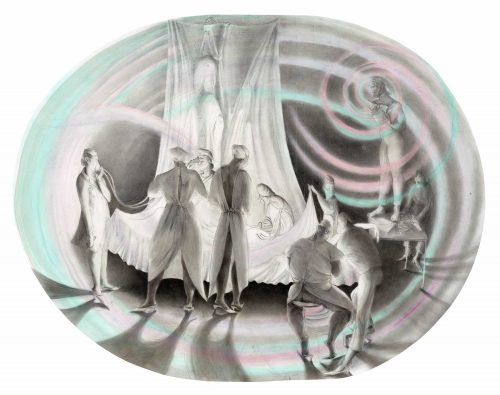
Mari-Leen Kiipli
Plastic Ways, Salty Stones
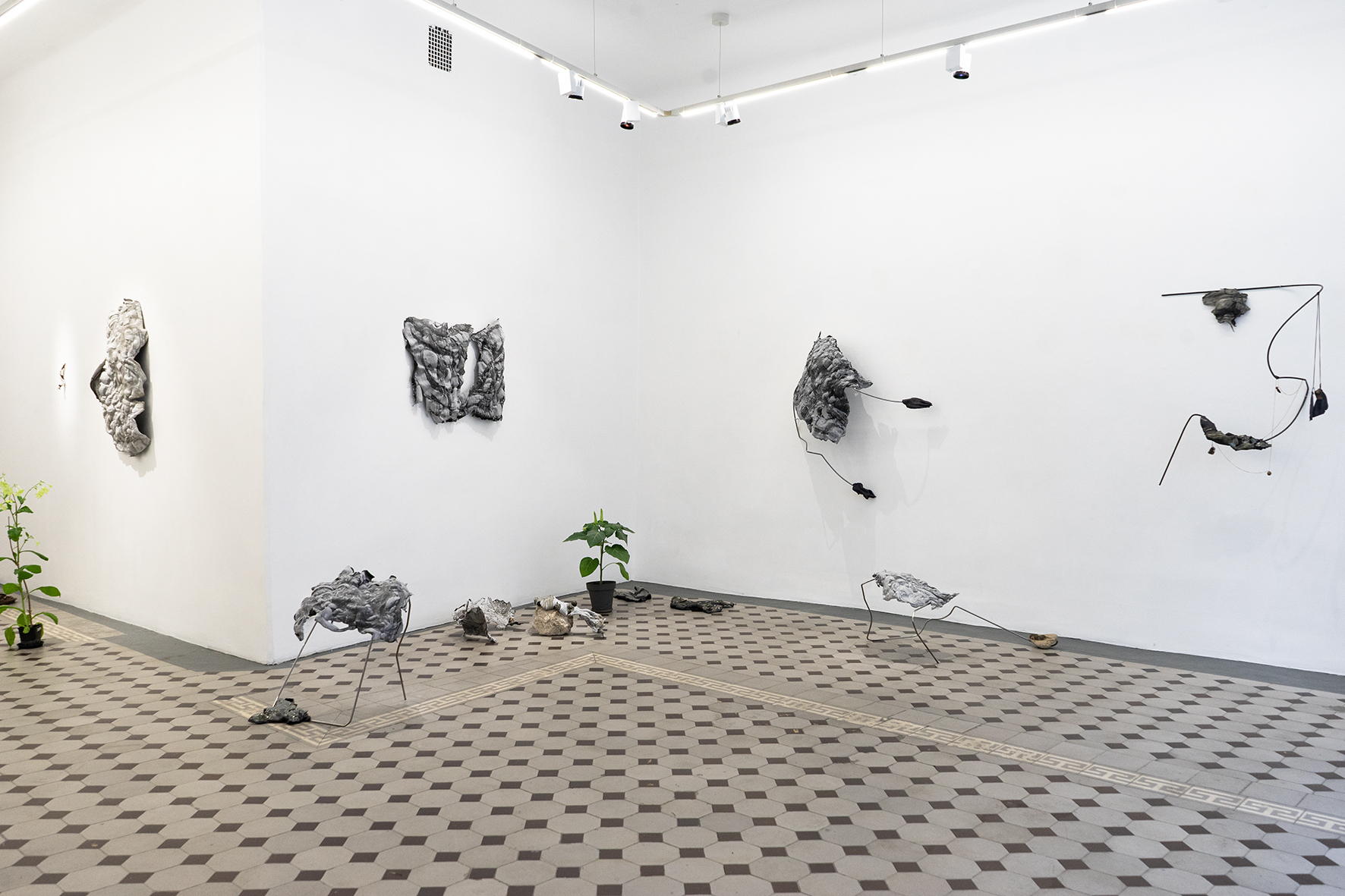
Advertisement
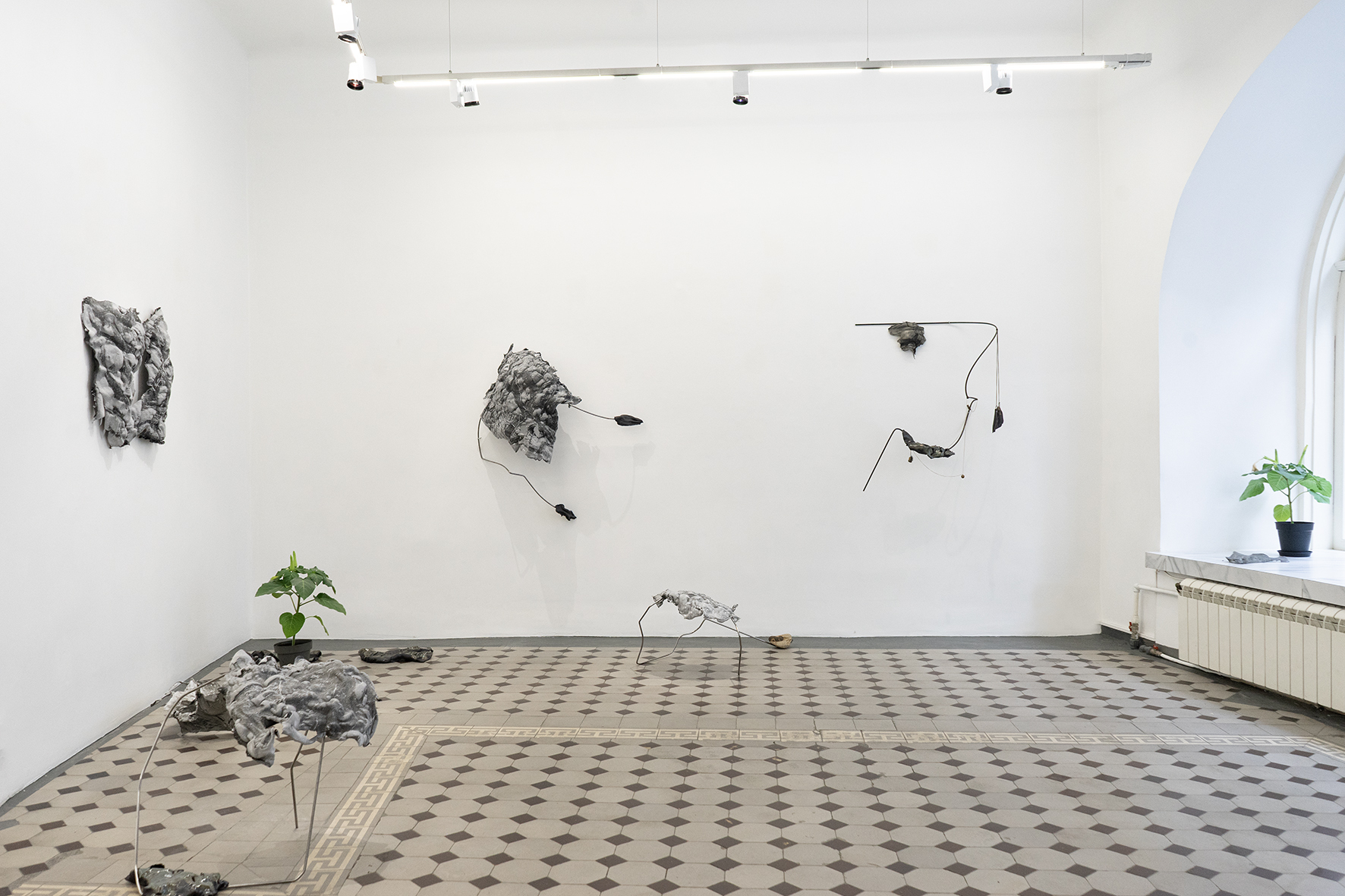
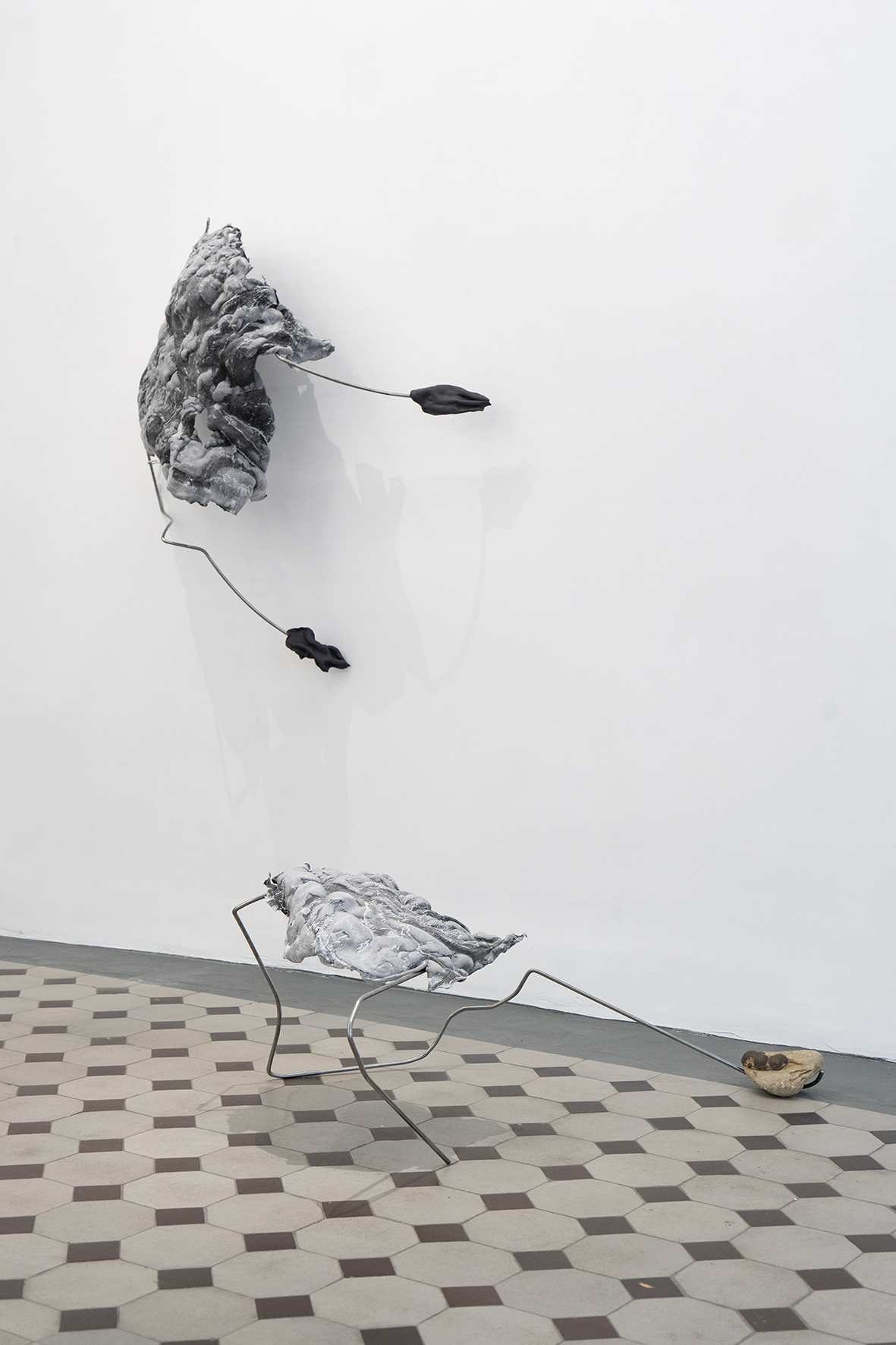
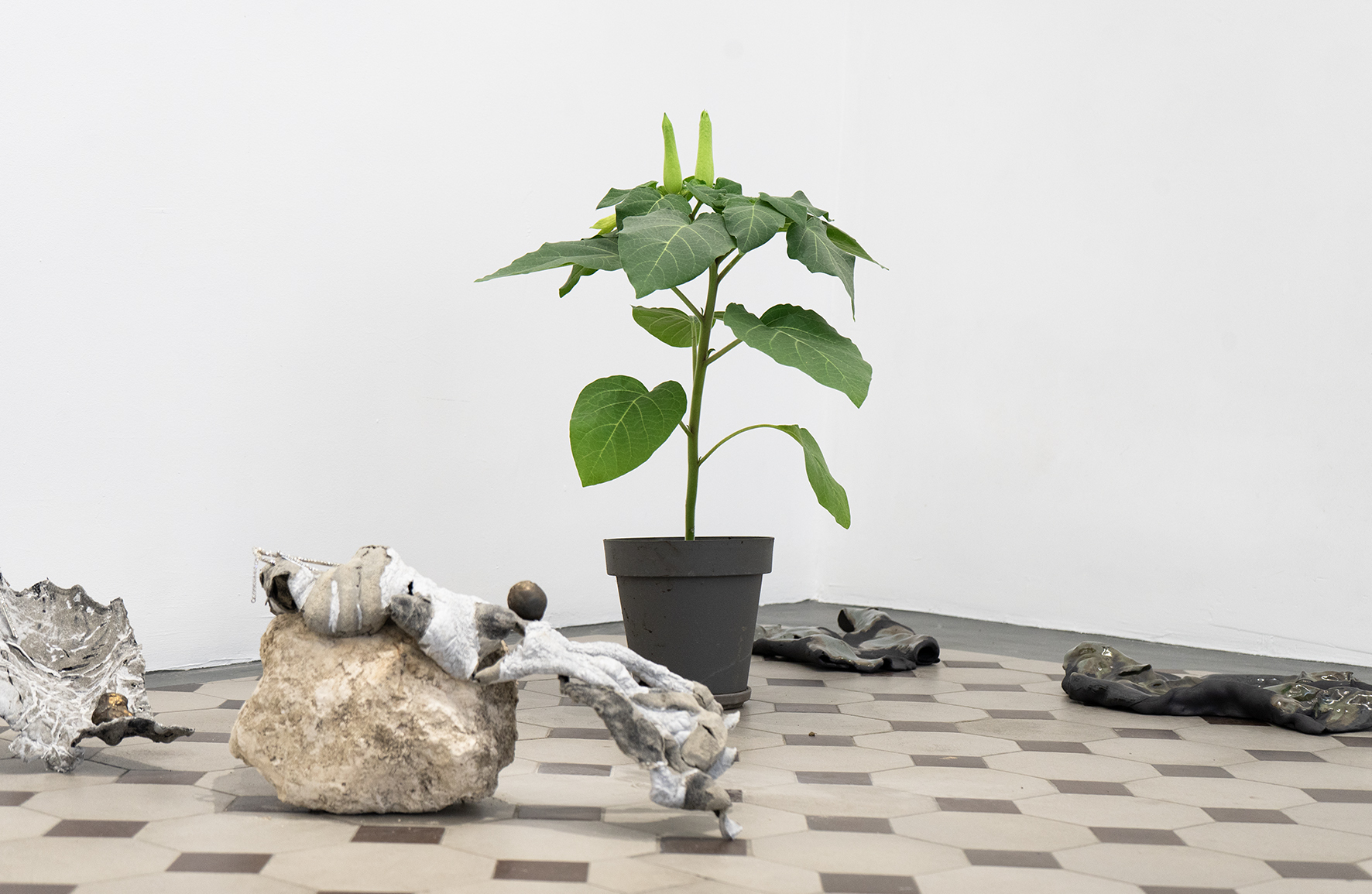
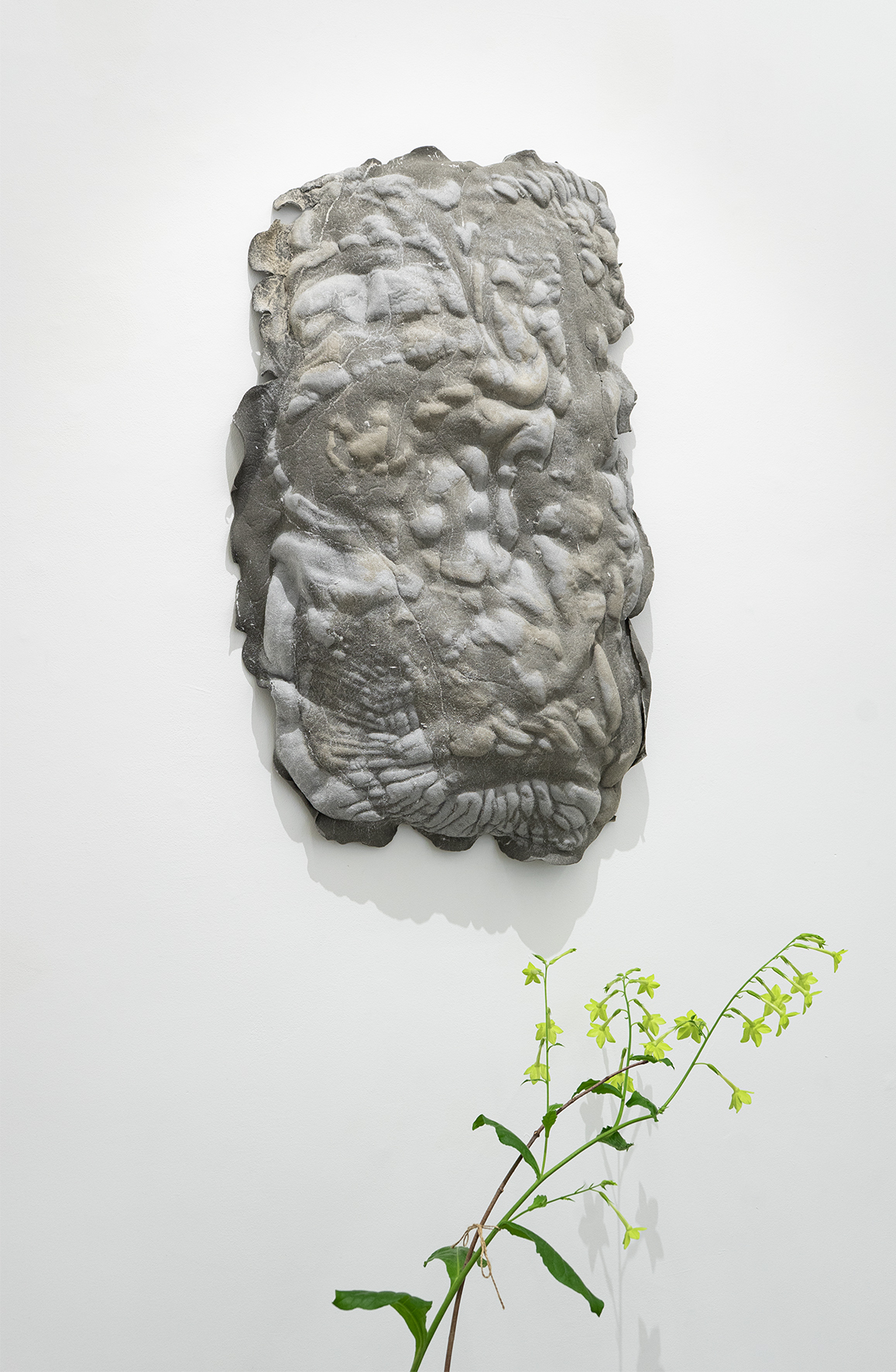
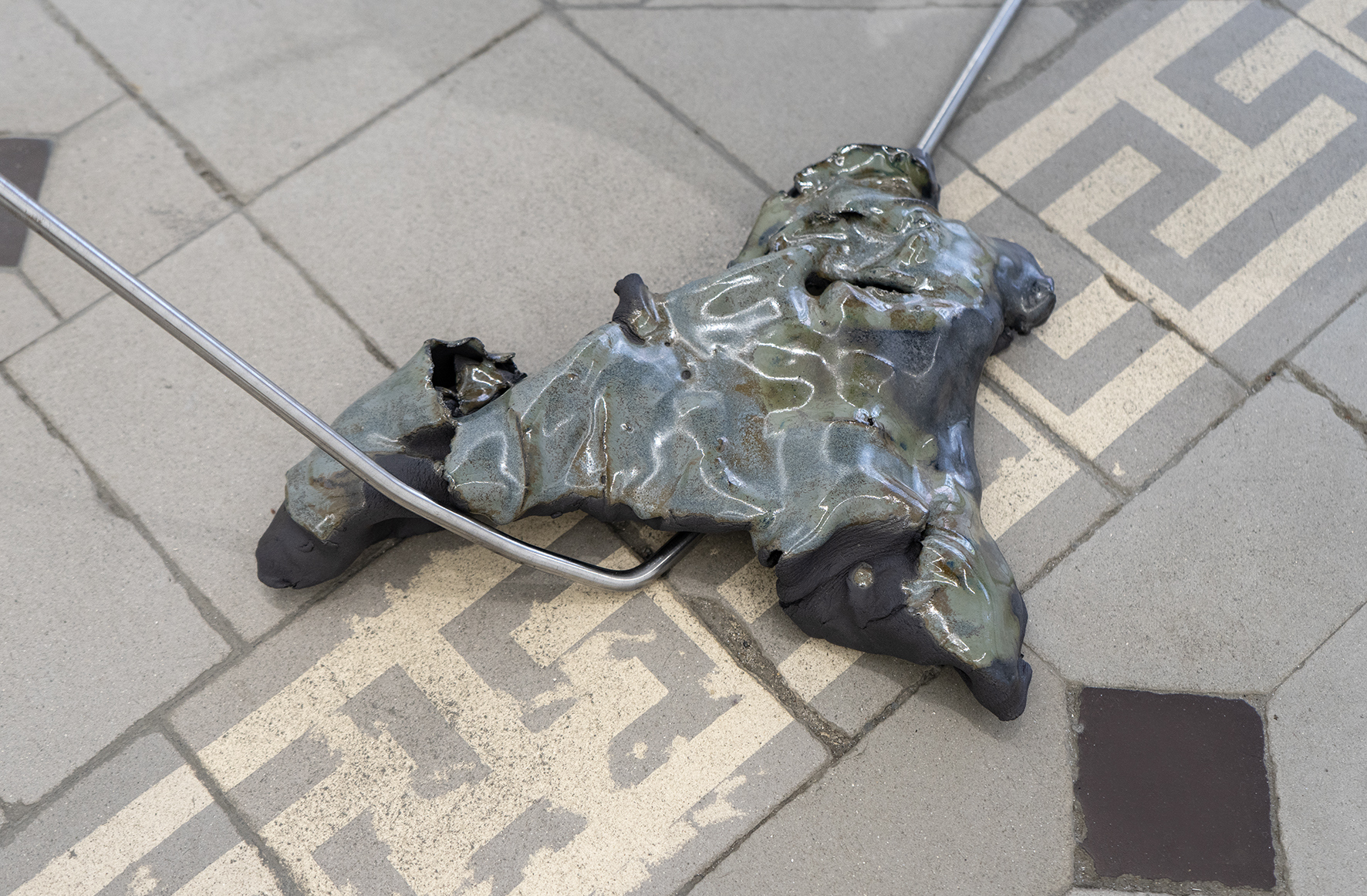
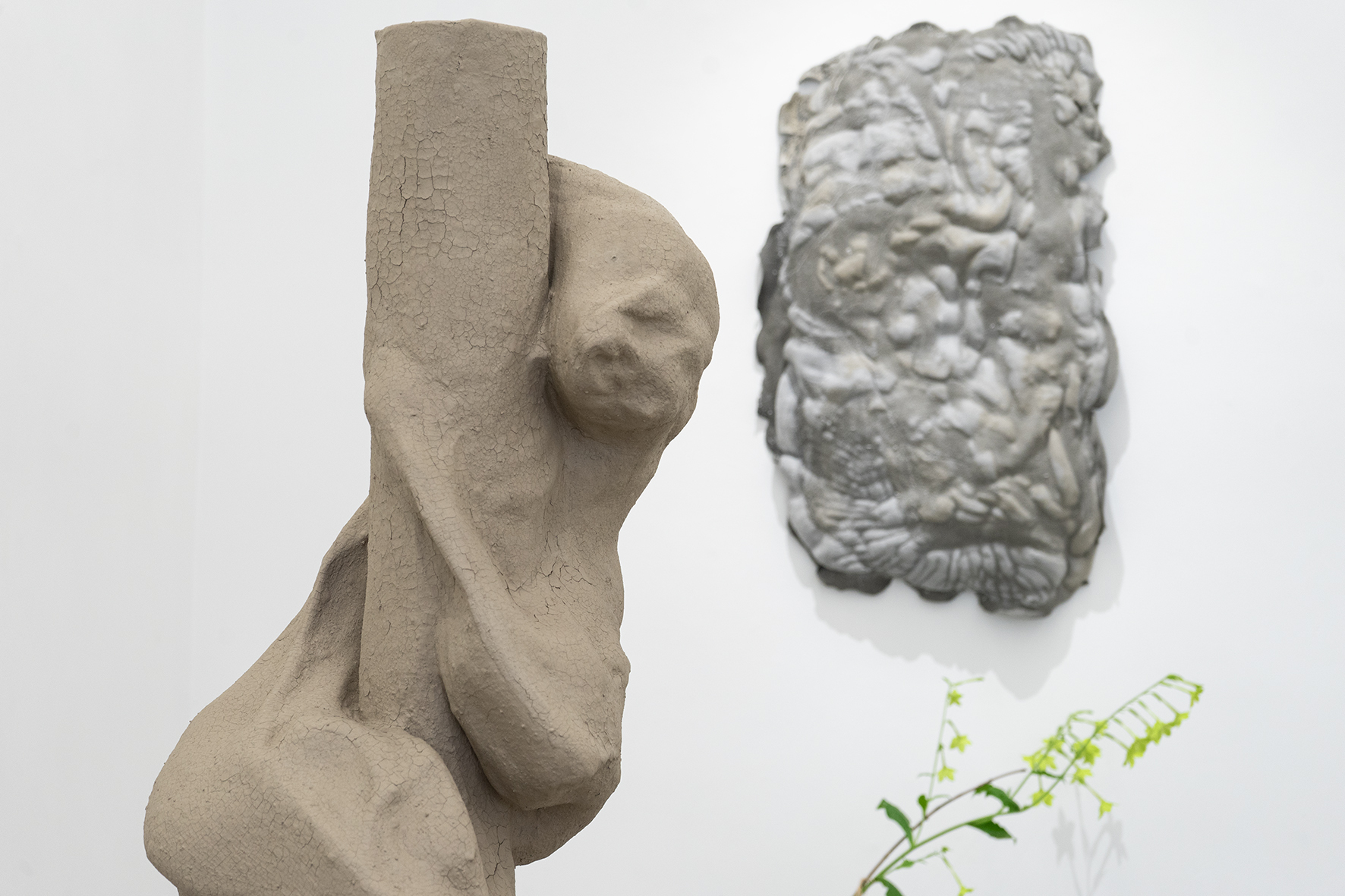
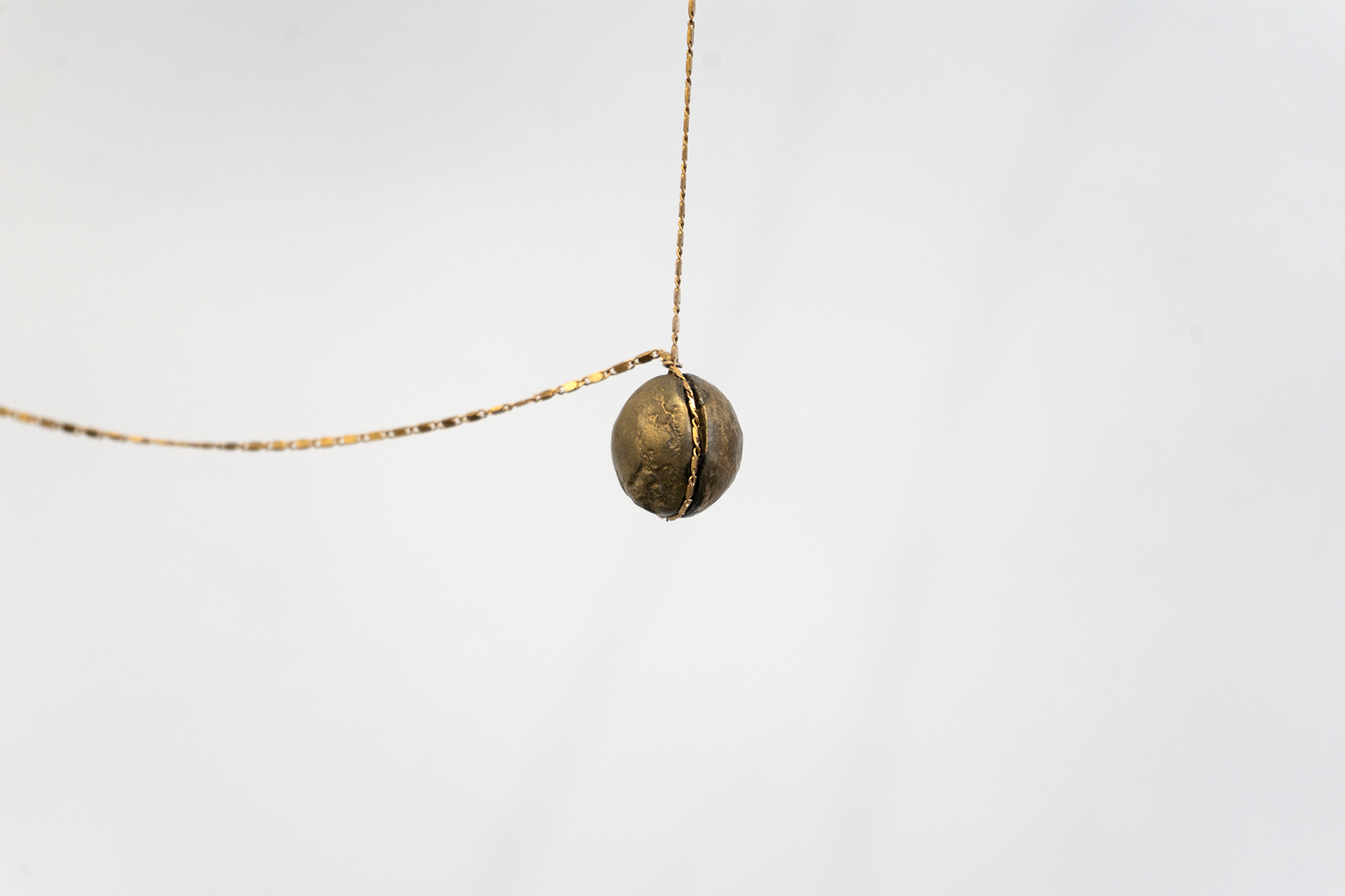
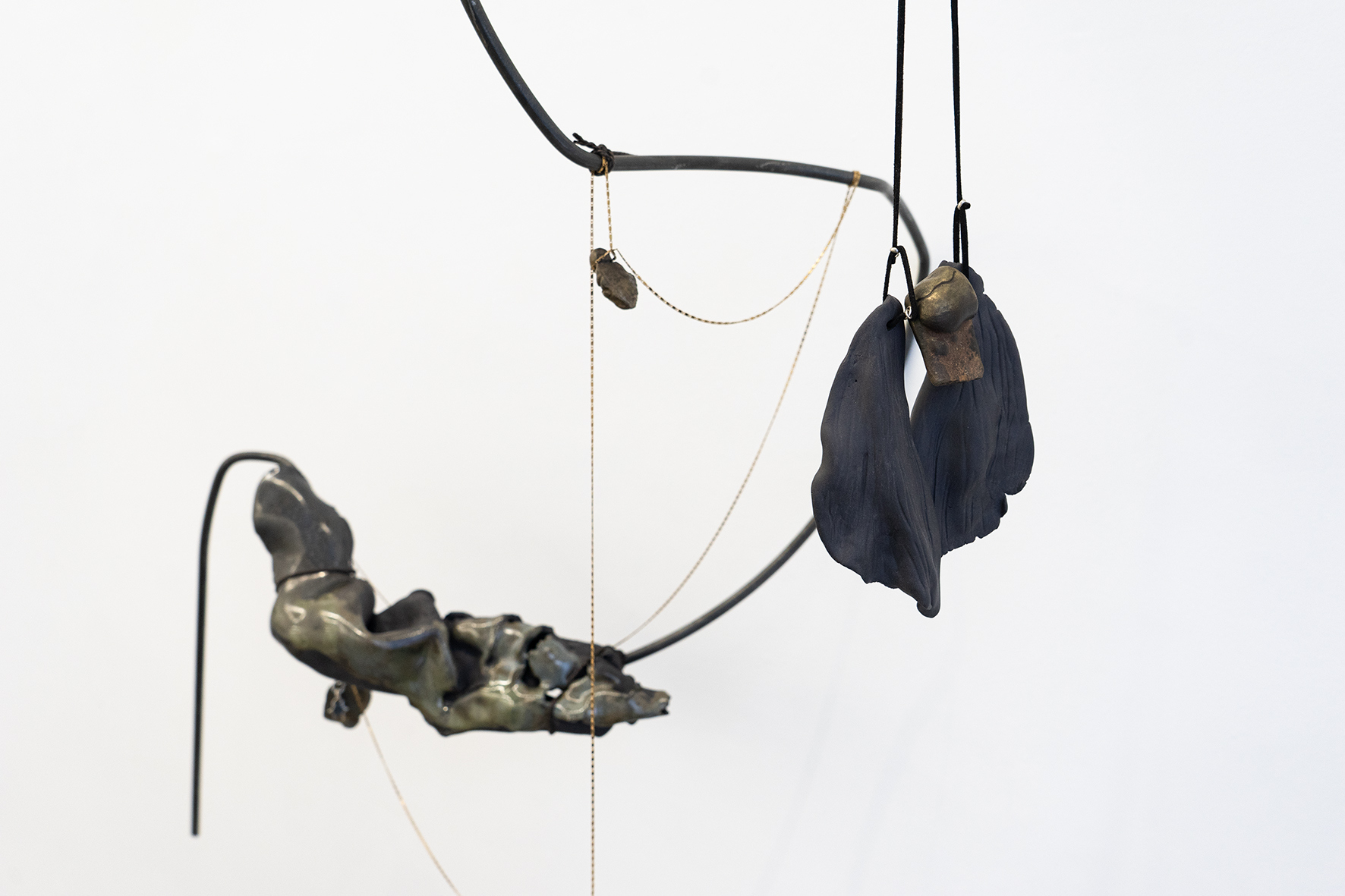
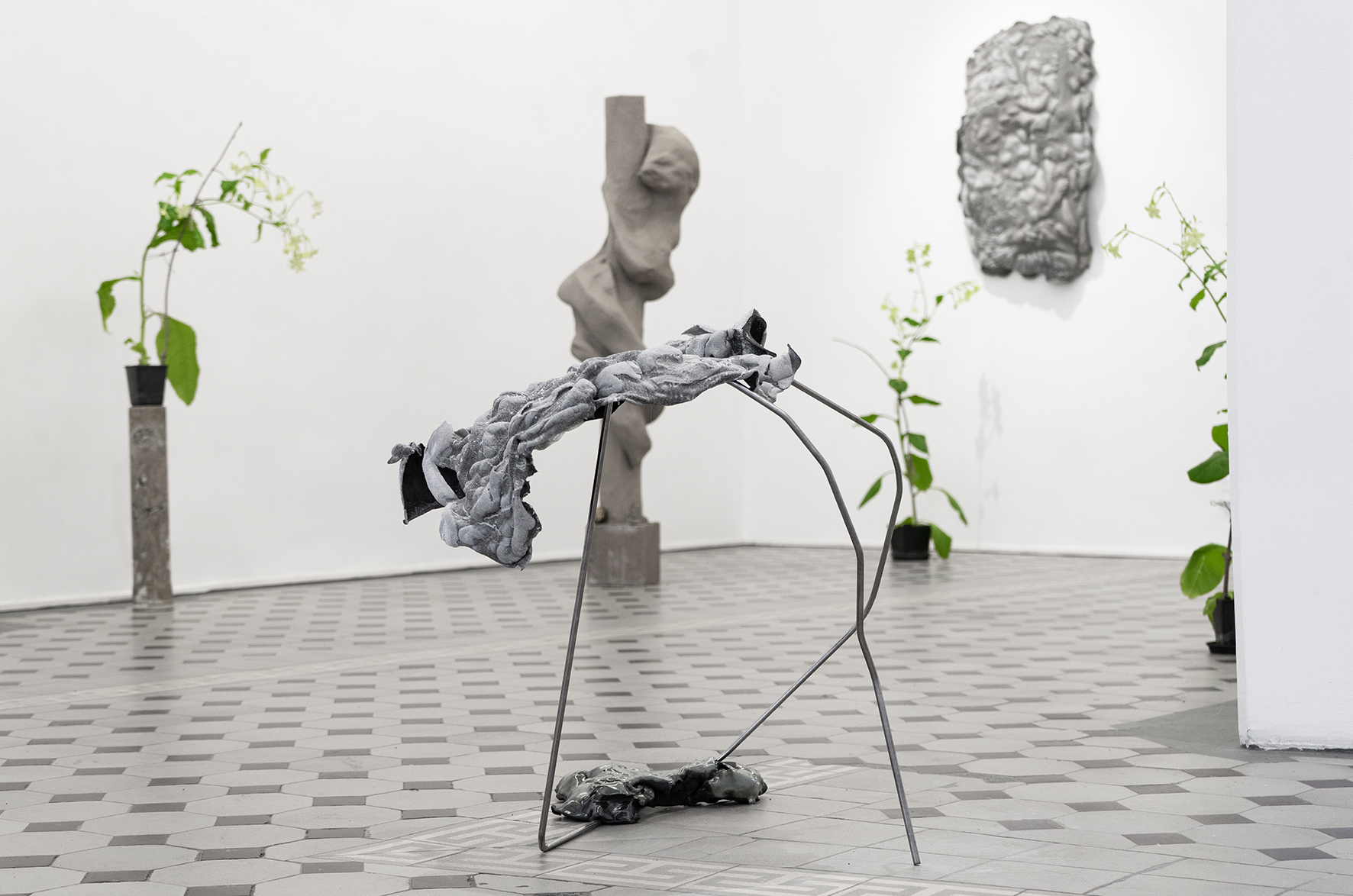
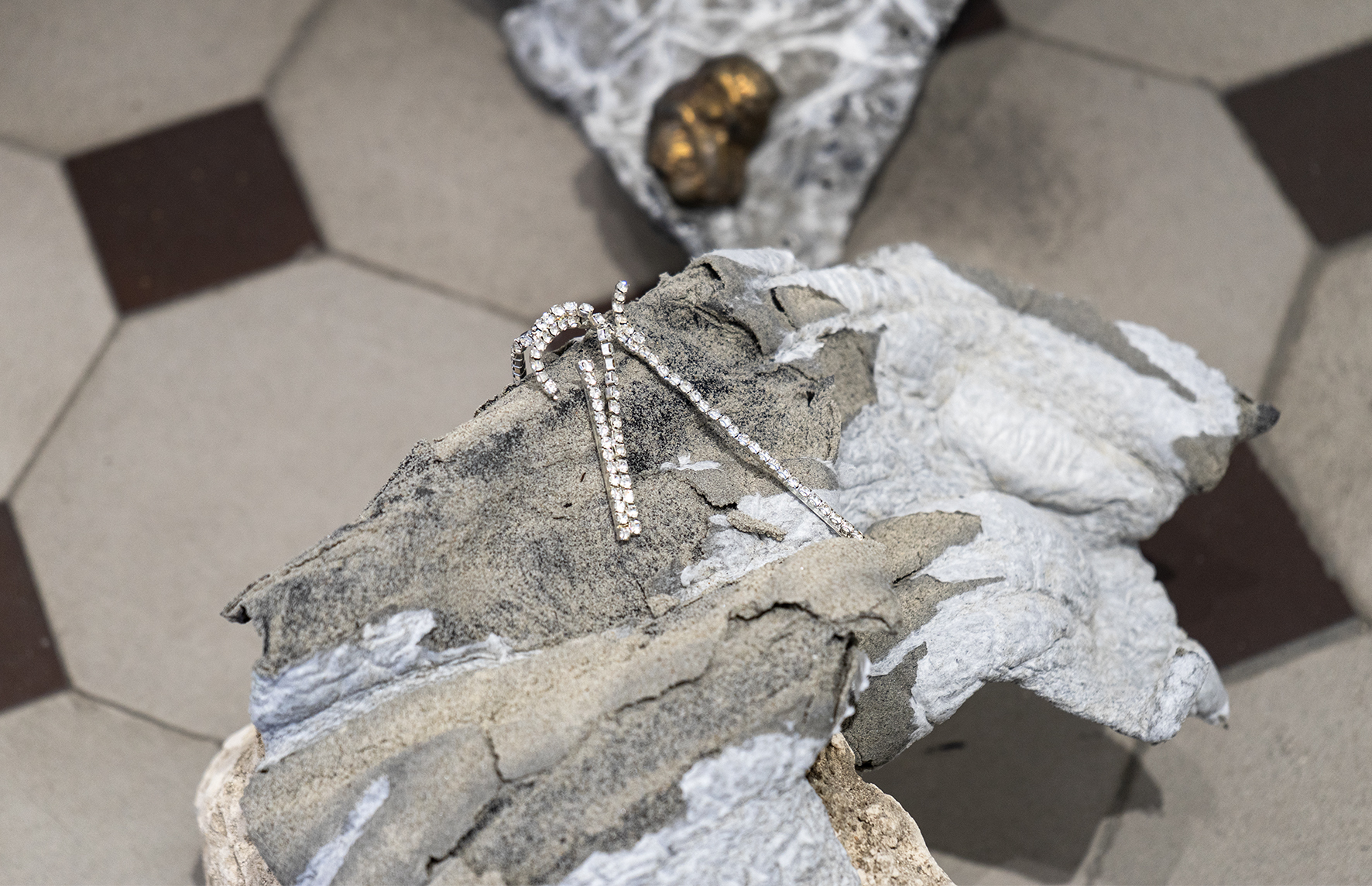
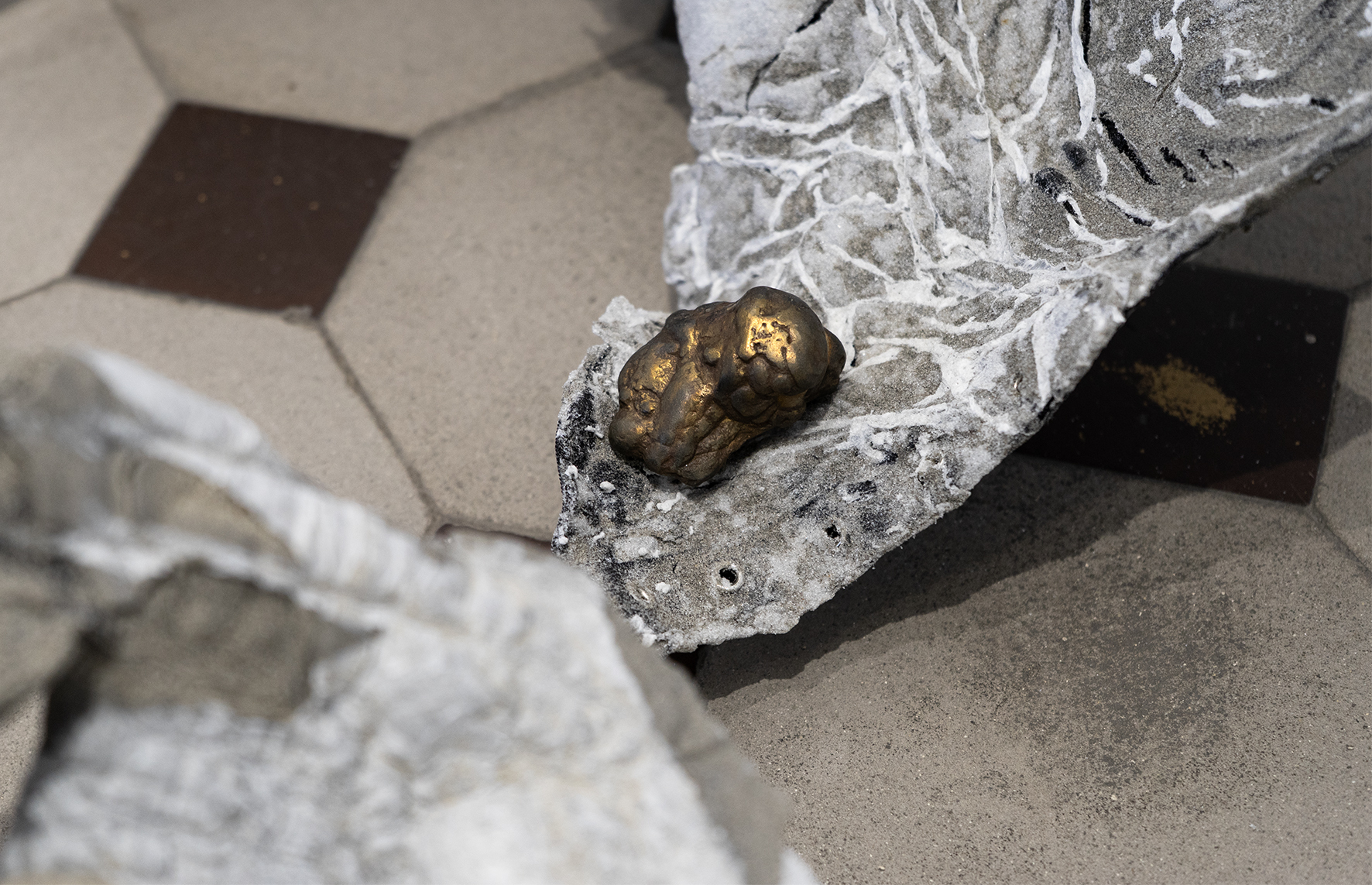
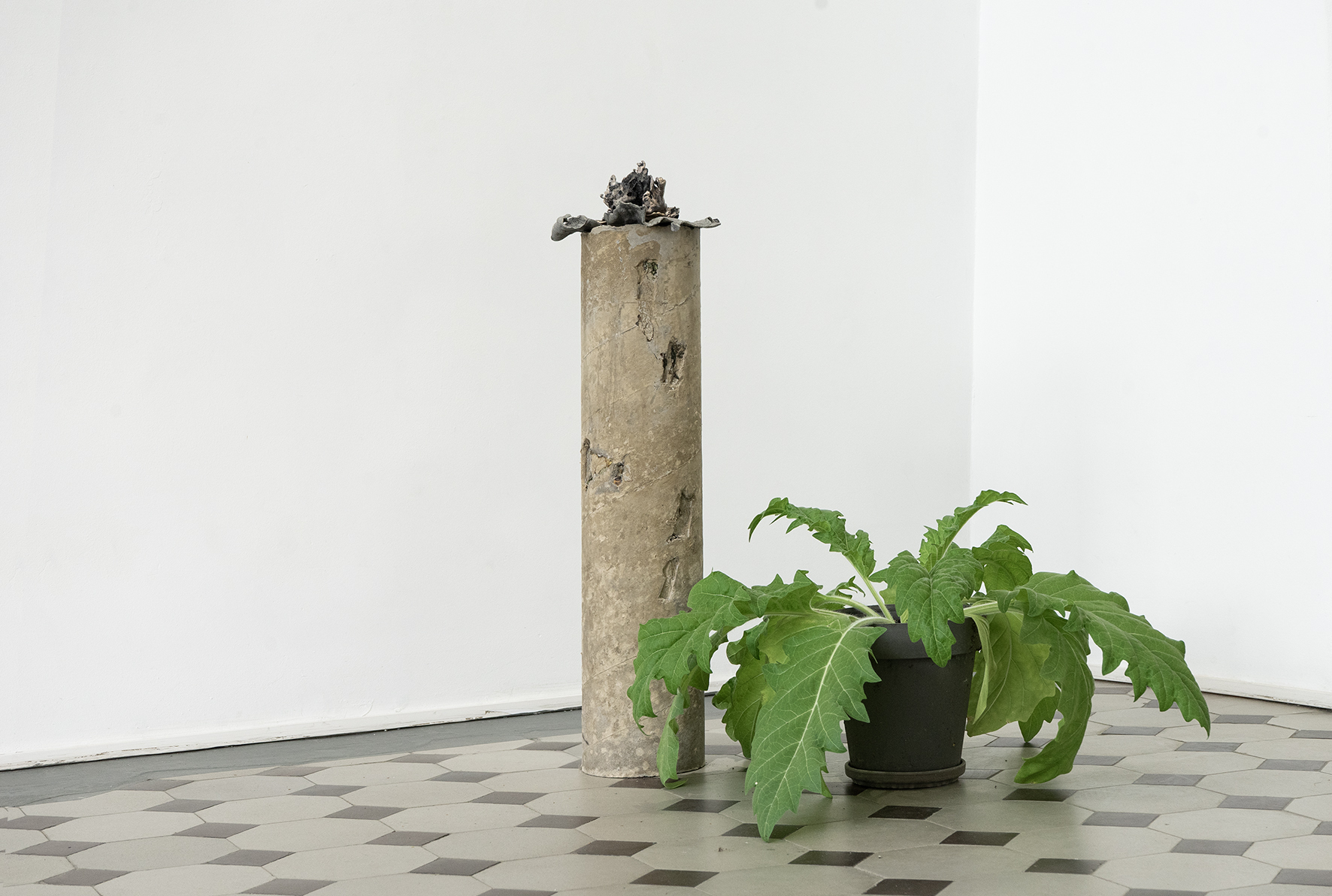
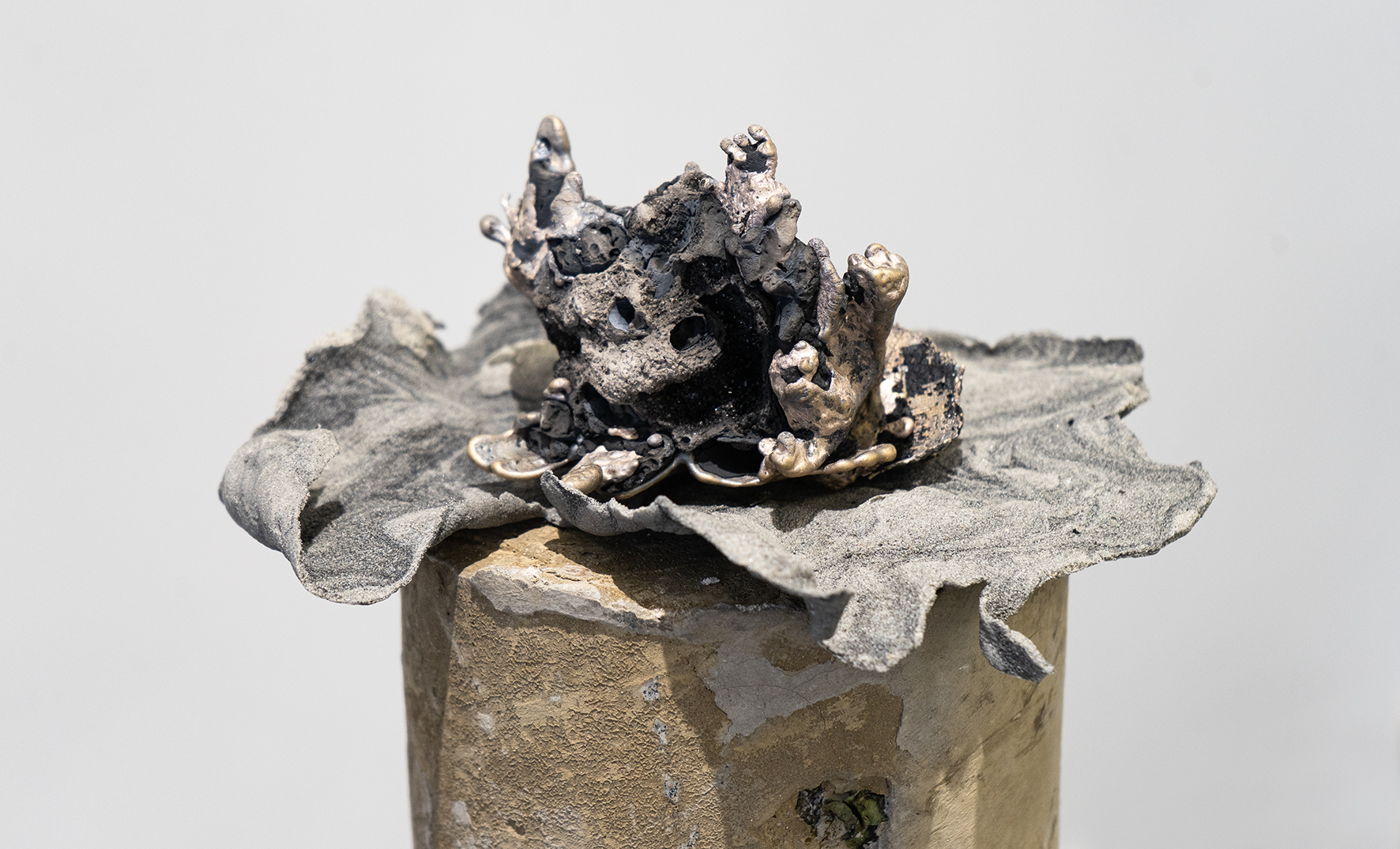
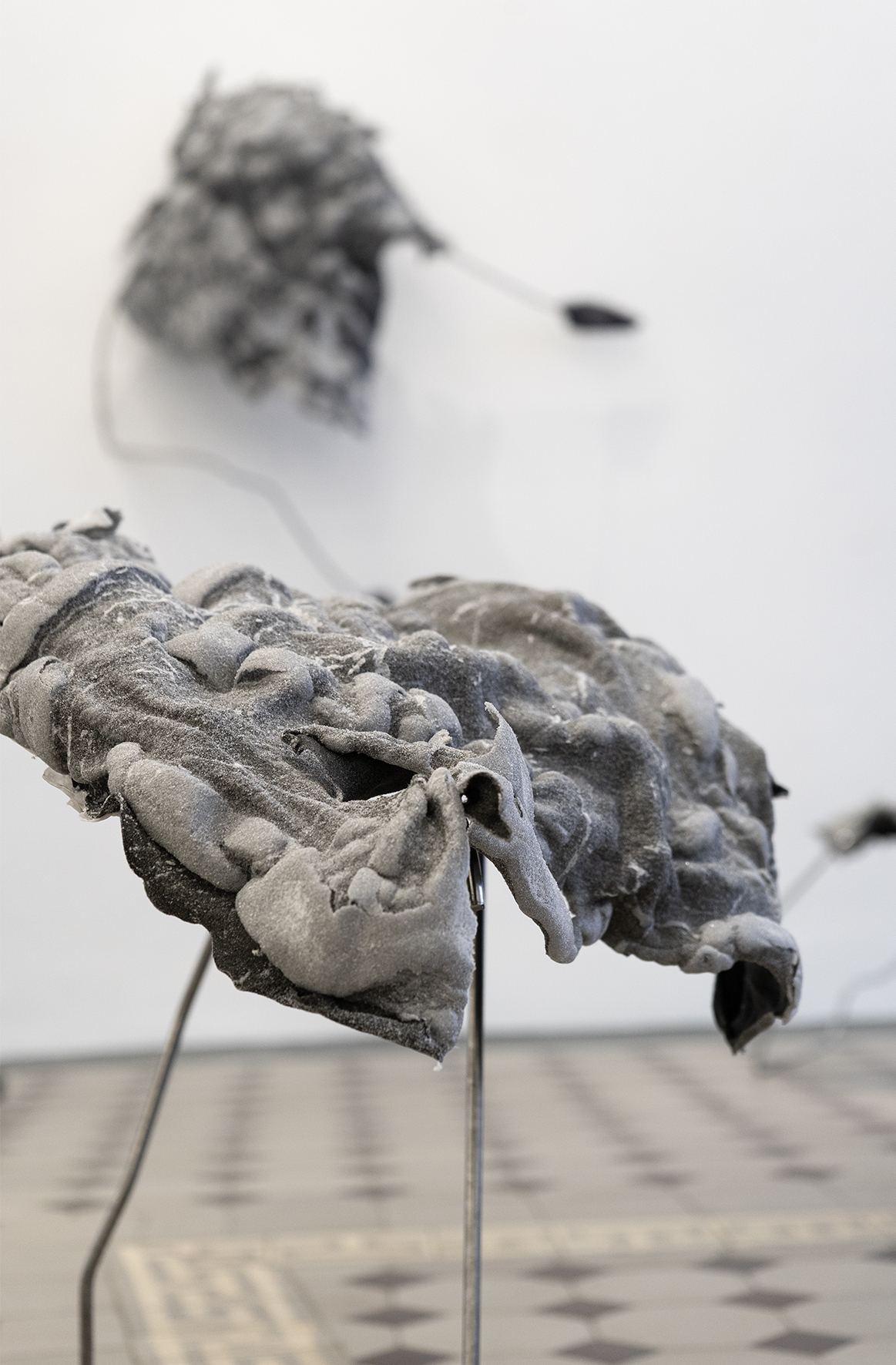
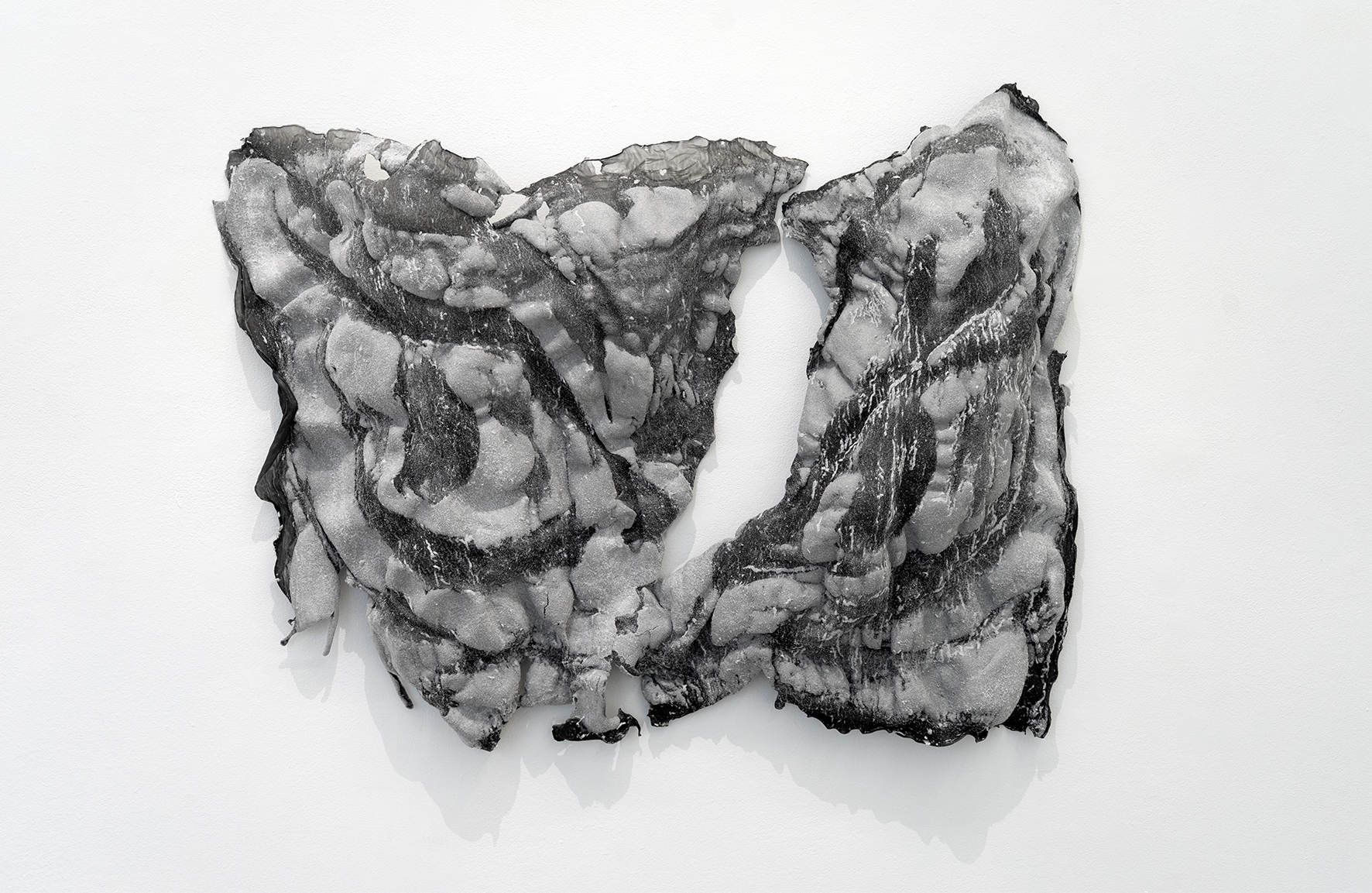
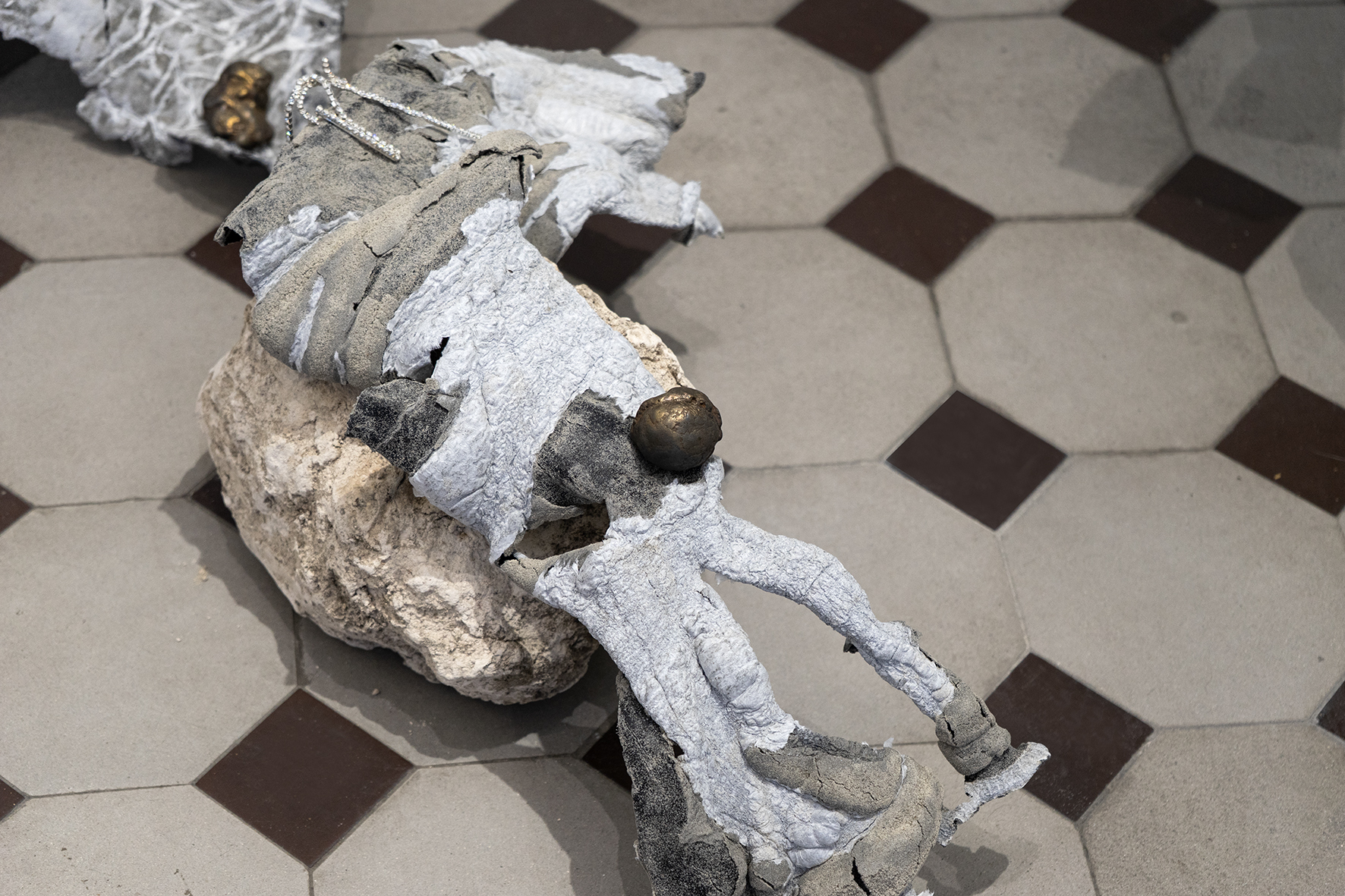
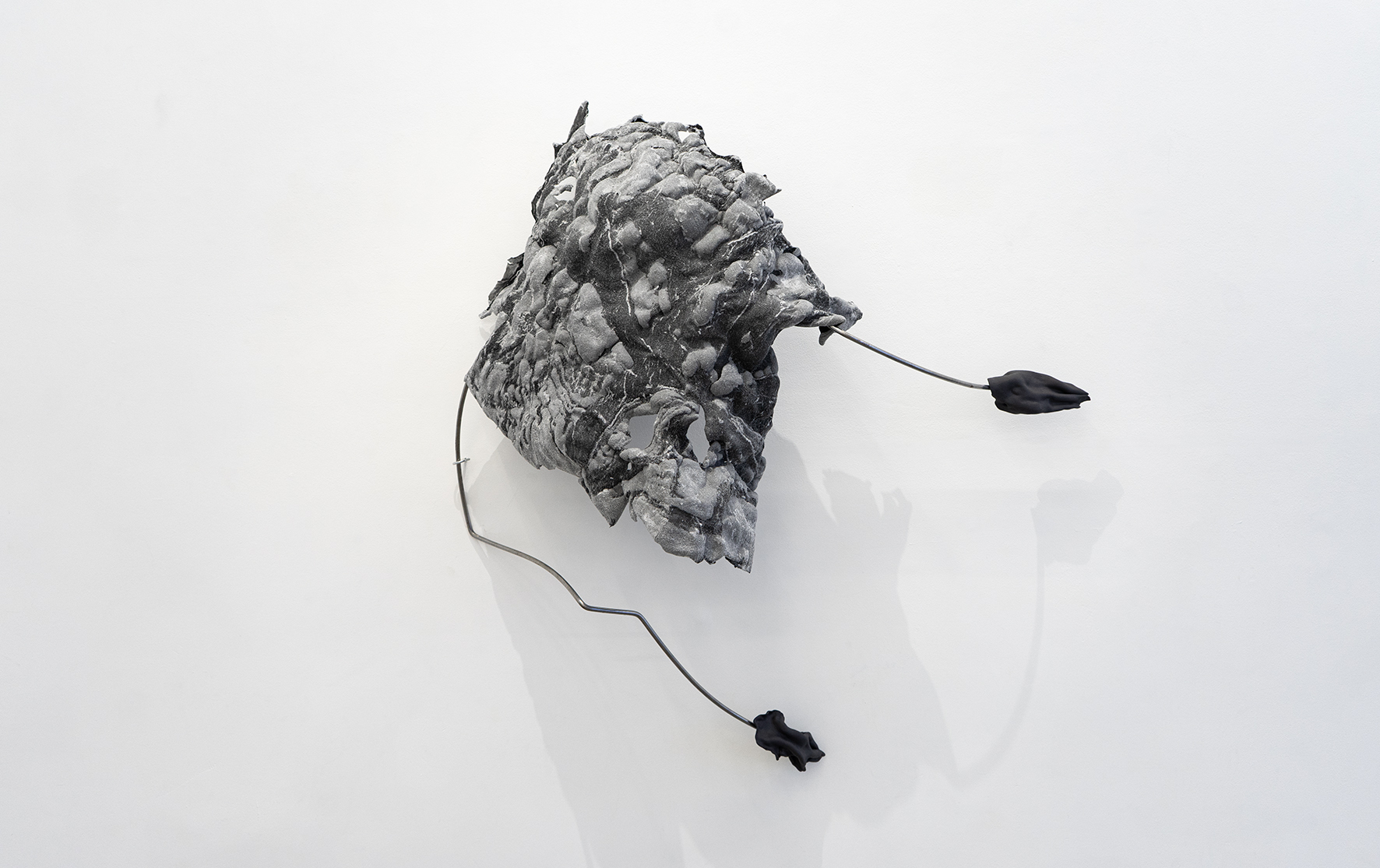
Salty seawater polishes coastal stones to a smooth gloss, erodes shorelines, and gives rise to clay and sand. Metamorphic rocks, erratic boulders, stones embedded within other stones – all formed in the heat of the earth’s crust, from once-pliable matter. The wave that erodes the land brings in concrete, gravel, and synthetic debris. A diffuse presence drifts through the seawater – plastic particles circulating in my bloodstream, embedded in my tissues.
Plastics were invented to isolate, to shield us from dirt and decay. In our pursuit of cleaner, sleeker environments, the very material we devised as a barrier has begun to reshape us. Micro- and nanoplastics circulate through air currents between land, sea, and atmosphere. It crumbles from our hands and disperses, merging with bodies, water, and sand to form conglomerates and new sediments. Even though we have shaped it, we cannot fully grasp what forms it will ultimately take. Remaining unchanged, it remakes ecosystems and reconfigures the beings within them. Could bioplastics made from algae offer a solution to the problem of plastic accumulation, or do they merely echo the logic of plastic, the notion that all matter is infinitely formable, malleable, and disposable?
Mari-Leen Kiipli
Mari-Leen Kiipli studied photography at the Estonian Academy of Arts and the Pallas University of Applied Sciences. She has participated in an exchange studies program in Vienna and currently lives and works in Tallinn. Her recent solo exhibitions include To Be We Need to Know the River (2024) at the Devon Cultural Centre in Sigulda, Rain Garden (2023) at ARS Showroom, and Nanshe Gone Fishing (2021) in Draakoni Gallery. Her work has also been shown in group exhibitions such as Enter Woodland Spirits (2024) at the Estonian Literary Museum (curators Henri Hütt, Evelyn Raudsepp, Taive Särg, Ave Goršič); Art in the Age of the Anthropocene (2023) at Kumu Art Museum (curated by Linda Kaljundi, Eha Komissarov, Ulrike Plath, Bart Pushaw, Tiiu Saadoja); and at Liste Art Fair Basel (with Kogo Gallery, 2021).
In 2019, Kiipli (with Kogo Gallery) were awarded a video acquisition by the private patronage platform Outset Estonia at the Foto Tallinn art fair. In 2018, she received the annual award of the Cultural Endowment of Estonia for her contributions in 2017. That same year, her installation Passiflora, submitted to the Turin art fair by Foku, received the Expanded Screen award in the section The Others.
Used materials: seaweed powder agar agar, charcoal, quartz sand, beach sand, concrete, clay from Kaberneeme beach, jewellery, pyrite formations, bronze casting, metal rods, metal grid, ceramics, plastic pots, sweet tobacco plant, henbane plant, jimsonweed plant
